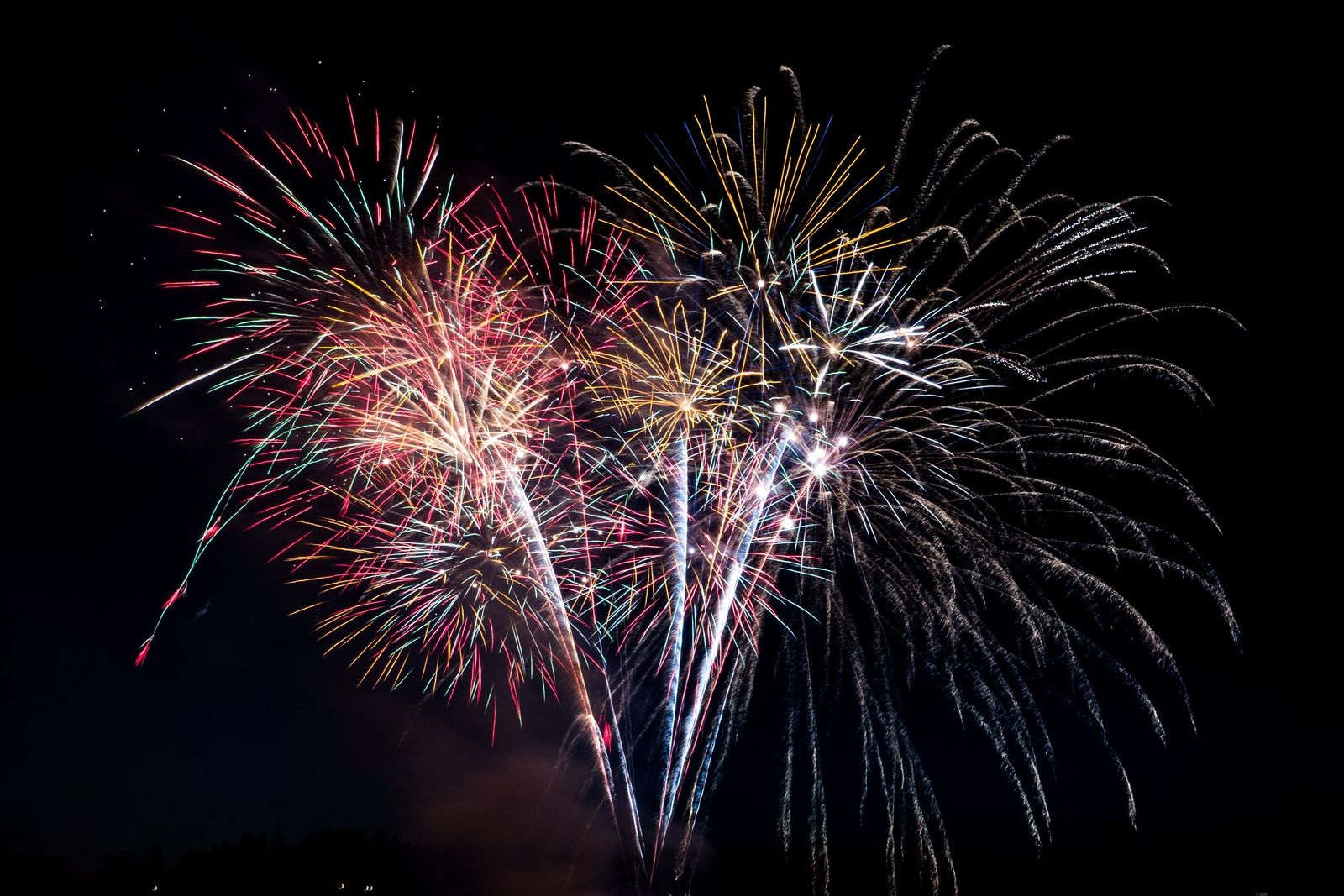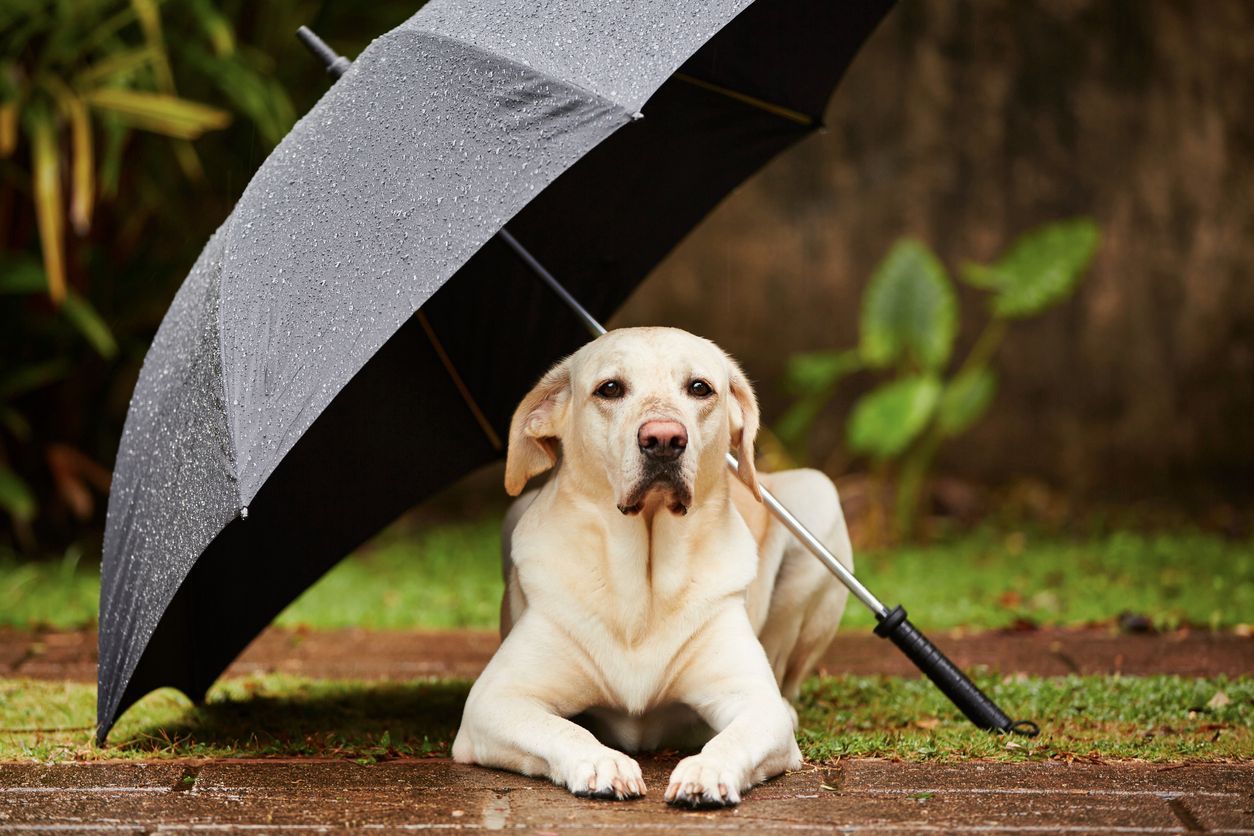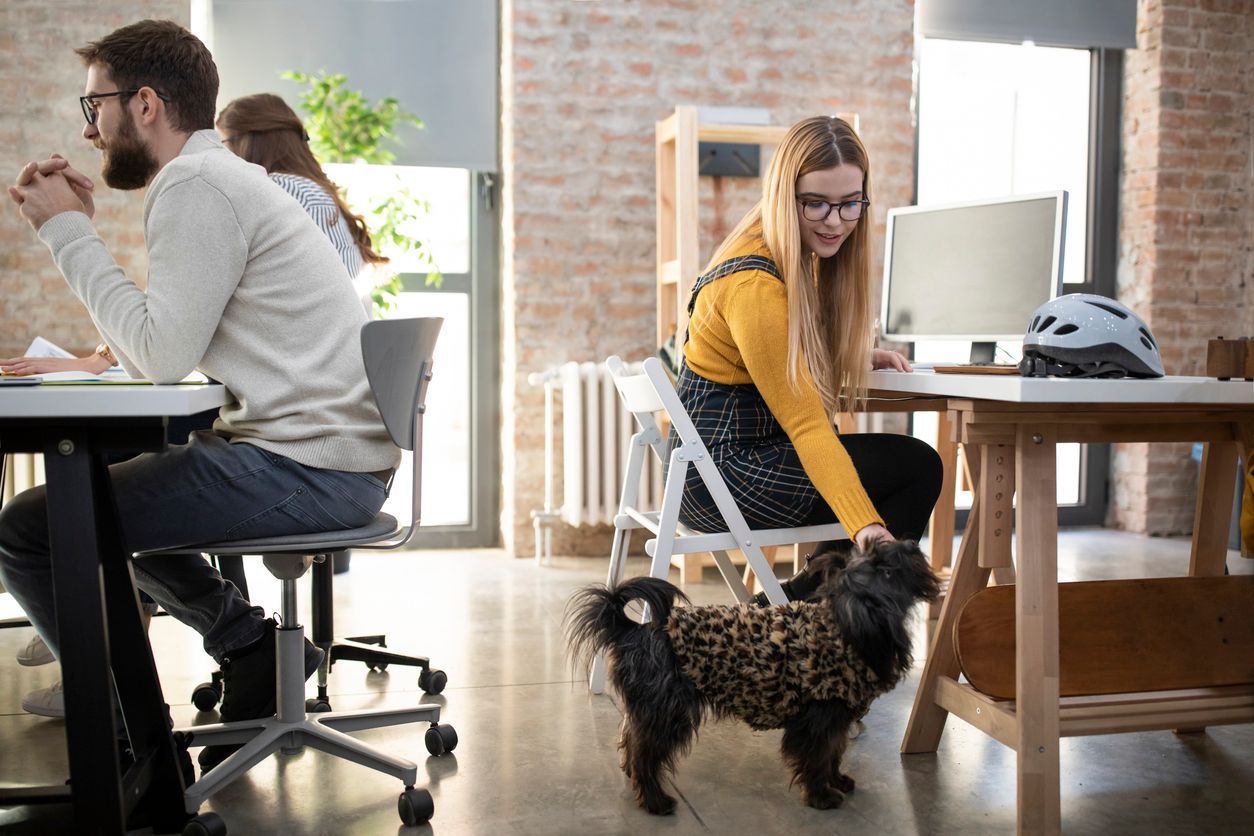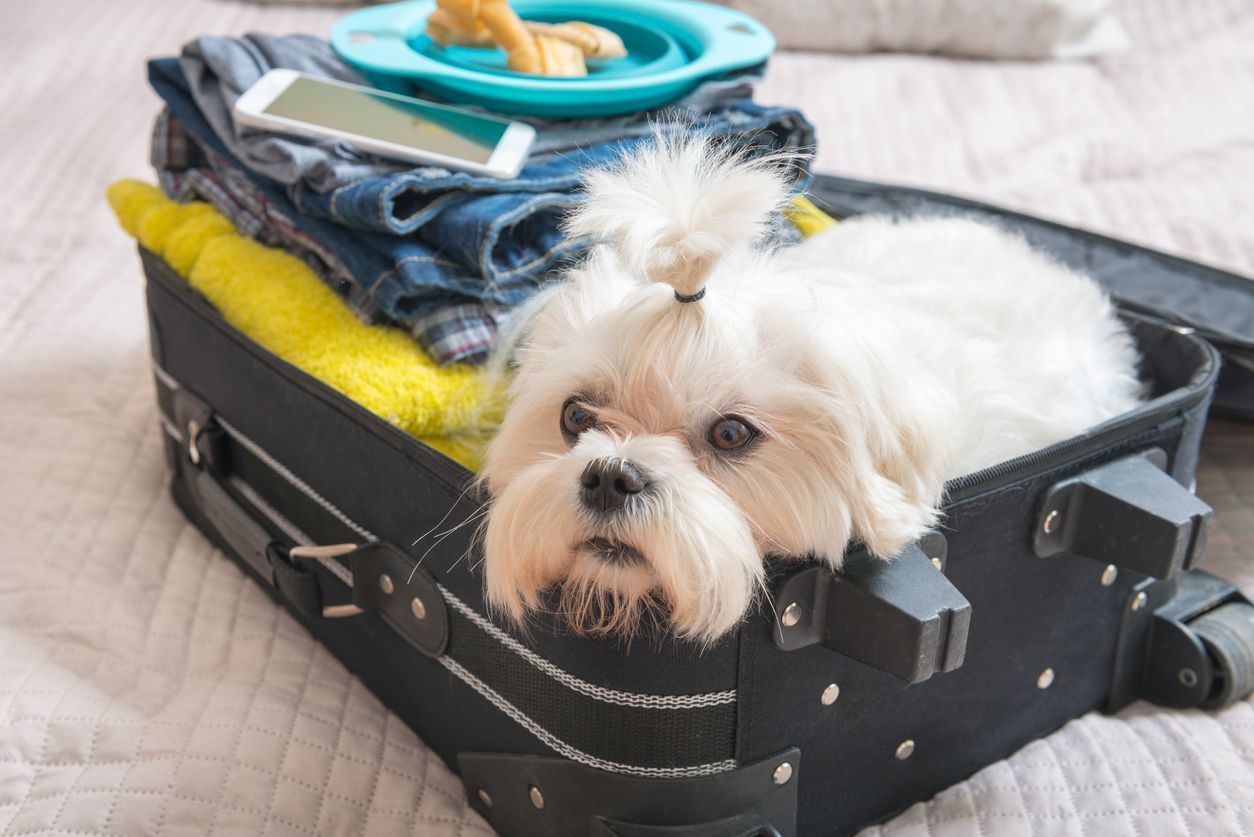Fireworks and your pet: 10 tips to keep your pet calm during celebrations

Please note: this article contains affiliate links. We may receive compensation when you click on links and purchase products, but there is no extra charge to you.
Fireworks can be a lot of fun for humans, but not so much fun for your pets. The loud bangs can cause a lot of anxiety for those furry little bodies, which can wreak havoc for you and your four-legged friends. Fortunately, there are some steps you can take to help alleviate pet stress during these notoriously big, loud celebrations.
10 tips to help your pet stay safe around fireworks
- Know the signs of an anxious pet. Yawning, panting, trembling, barking, and hiding are common signs, but your pet may also have an accident, chew or scratch furniture, destroy property, run away, or refuse to eat.
- Leave your pets at home. If you’re attending an event with fireworks or loud noises, you can avoid a difficult situation altogether if you don’t expose your pet to fireworks in the first place. You may think they’ll be more comfortable at your side, but no amount of soothing is going to overcome the effects of the loud noises and crowds.
- Cover up the sights and sounds. Sometimes fireworks are impossible to avoid, even if you are staying in for the night. In this case, try putting on some music or white noise to cover the bangs and pops, and keep your pet in a windowless room for the duration of the fireworks. Ensure they have food, water, and some favorite toys. It’s also a great time to offer them a new, exciting toy to keep them busy and distracted.
- An anxiety vest may help your pet stay calm. If you don’t have one at home, a snug-fitting T-shirt can work.
- Store fireworks securely. If you keep fireworks in your home, ensure they’re kept out of reach and safely stored. Pets can get very sick when they chew or ingest fireworks and may end up needing an emergency vet visit. If your cat or dog has chewed or eaten fireworks, contact your veterinarian or an emergency vet hospital as soon as possible.
- Clean up after fireworks thoroughly. If you’re setting off your own fireworks outdoors, be sure to clean up the area from any chemicals or garbage they release. Better yet, place a protective surface down where you’re setting them off so there’s no residue left somewhere your pet frequents.
- Ensure your pet is tagged and/or chipped. Loud noises can startle pets enough to make a run for it when someone opens the door, and it’s difficult to find them if they don’t have identification.
- Talk to your vet. Some pets have particularly strong reactions to fireworks and panic so severely that they may injure themselves or damage property. If your pet truly suffers when exposed to fireworks, your veterinarian may suggest anxiety medication. If you aren’t sure how extreme your pet’s response to fireworks is, a Vetster veterinarian can help you assess your pet’s anxiety from the comfort and safety of home.
- Keep your pet indoors. If you have outdoor pets, consider moving them indoors for the duration of any fireworks or make sure they have other safe places to hide from the bright flashes and noises.
- Finally, follow your pet’s lead if you’re home with them during fireworks (or a loud thunderstorm). Once you’ve turned up the music and pulled the shades, let them hide and be alone if they want to, or hide with them and give them lots of cuddles and hugs while you wait for the noise to pass.
Prepare yourself and your pet during fireworks season to ensure the holidays are just as enjoyable for them as they are for you. If you have any concerns about your pet’s anxiety, chat with a Vetster veterinarian about ways to help.










